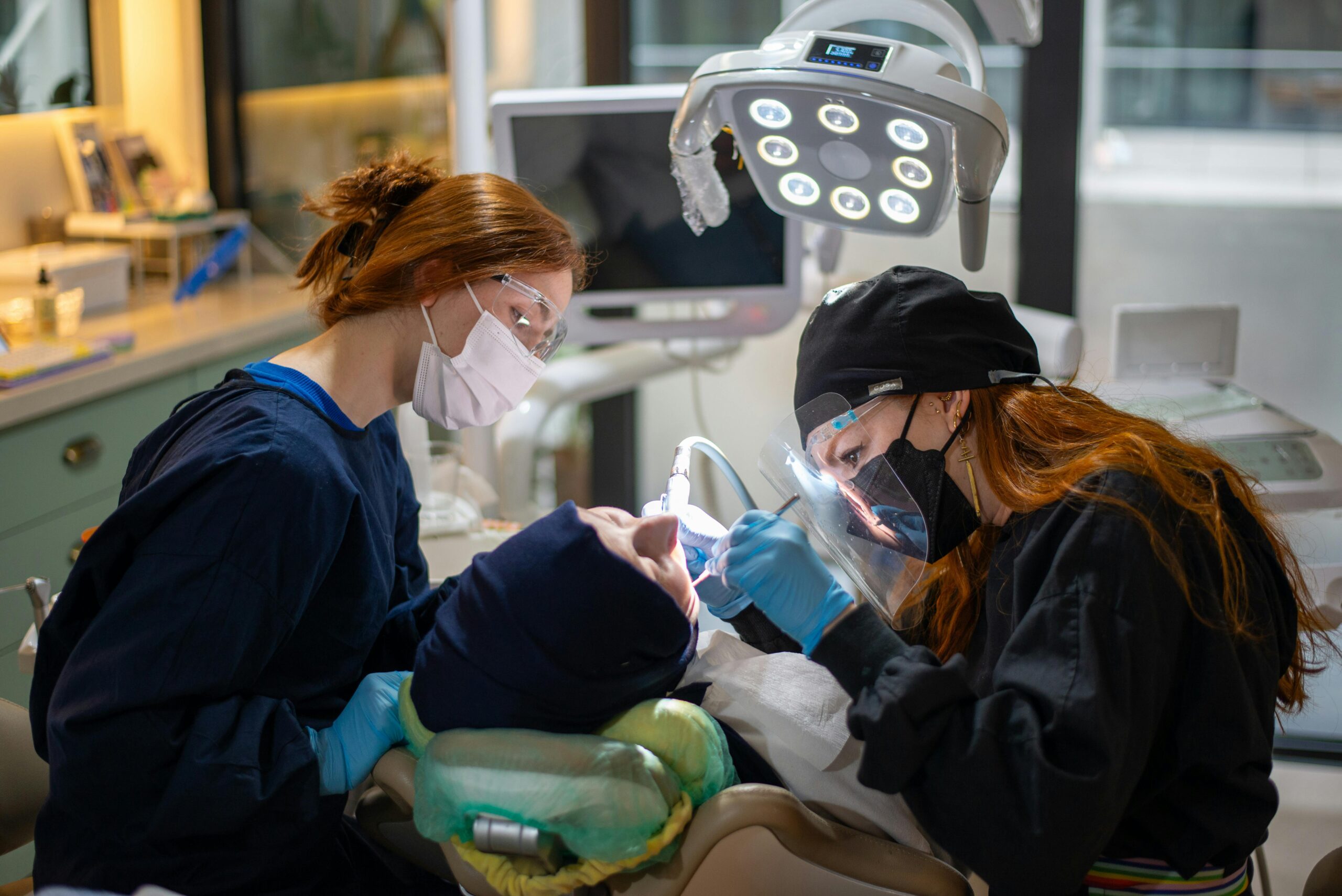Surgical technology is a dynamic and vital area of healthcare that is essential to ensuring the success of surgical procedures. Operating room technicians, also known as surgical technologists, play a vital role in the operating room by assisting surgeons, preparing equipment, and ensuring a sterile environment. This article takes a look at the world of surgical technology and explores the multifaceted role of the operating room technologist.
What is surgical technology?
Surgical technology involves the use of medical instruments and equipment to perform surgical procedures safely and effectively. The field has evolved significantly over the years as technological advances have allowed for more precise and less invasive surgical procedures. Today, surgical technology includes a variety of tools and techniques that enhance the capabilities of healthcare professionals.
Role of the Operating Room Technician
An operating room technologist is an integral member of the surgical team. They are responsible for preparing the operating room, ensuring all equipment is sterilized and in good working order, and assisting the surgeon during the procedure. Their duties also include maintaining a sterile field, transferring instruments to the surgeon, and managing samples taken during surgery.
Education Requirements for Operating Room Technicians
To become an operating room technician, one typically requires a postsecondary certificate or associate degree from an accredited program. These programs cover essential topics such as anatomy, microbiology, and surgical procedures. Additionally, certification from an accredited organization, such as the National Board for Surgical Technology and Surgical Assisting (NBSTSA), can improve employment prospects.
Skills Required for Success in Surgical Technology
An operating room technician must have a combination of technical and soft skills. Technical skills include knowledge of surgical instruments, sterilization techniques, and aseptic practices. Soft skills such as communication, attention to detail, and the ability to work under pressure are equally important in ensuring a successful surgical procedure.
Work Environment
Operating room technicians typically work in hospitals, ambulatory surgery centers, and specialty clinics. They work closely with surgeons, nurses, and other healthcare professionals, fostering a team-oriented environment. Their work is both physically demanding and mentally challenging, requiring perseverance and resilience.
Advances in Surgical Technology
The field of surgical technology is constantly evolving with innovations such as robotic surgery, minimally invasive techniques, and advanced imaging technology. These advances have significantly improved patient outcomes by reducing recovery times and minimizing surgical risks. It is essential that operating room technicians stay abreast of these technological trends.
Challenges faced by operating room technicians
Operating room technicians face a number of challenges, including long work hours, high-stress situations, and the need for precision. They must also follow strict safety protocols to prevent infection and ensure patient safety. Meeting these challenges requires a combination of experience, continuous learning, and effective stress management techniques.
Career Opportunities in Surgical Technology
The need for qualified surgical technologists is growing due to an aging population and advances in medical technology. Career opportunities in this field range from positions in hospitals and surgical centers to roles in medical device and research companies. With experience, technicians can advance to supervisory or specialist positions.
Salary Expectations
The average salary of an operating room technologist varies depending on factors such as location, experience, and education. According to recent data, the average annual salary ranges from $45,000 to $60,000. Technicians in urban areas or specialized fields tend to earn higher salaries.
The Future of Surgical Technology
The future of surgical technology looks bright with continued advances in robotics, artificial intelligence, and telemedicine. These technologies are expected to further improve surgical precision and patient care. Operating room technicians will need to adapt to these changes and continue to develop their expertise to remain relevant in the field.
The Impact of COVID-19 on Surgical Technology
The COVID-19 pandemic has brought about significant changes in surgical practice, highlighting the importance of infection control and telehealth. Operating room technicians have had to adapt to new procedures and safety measures to protect themselves and their patients. These changes will likely have lasting impacts on the field.
Continuous Learning and Professional Development
Lifelong learning is essential for operating room technicians to stay current on advances in surgical technology. Many resources, such as seminars, online courses, and professional organizations, offer continuing education opportunities. Pursuing these options can improve your skills, knowledge, and career prospects.
How to Become an Operating Room Technician
Becoming an operating room technician involves several steps, starting with earning a high school diploma or GED. Prospective technicians must then complete an accredited surgical technology program and earn certification. Gaining hands-on experience through internships or entry-level positions can also be beneficial. Networking with professionals in the field and joining relevant organizations can provide additional support and opportunities.
Conclusion
Surgical technology is a rapidly growing field that plays an important role in modern health care. An operating room technician is an essential member of the surgical team, ensuring that surgeries run smoothly and safely. With the right training, skills, and dedication, a career in surgical technology can be both rewarding and fulfilling.
Contact us and visit our website for Digital Marketing & SEO Services:
FAQ
What does an operating room technician do?
An operating room technician assists surgeons during procedures, prepares and sterilizes equipment, and maintains a sterile environment to ensure patient safety.
How long does it take to become an operating room technician?
It typically takes one to two years to complete the necessary training and become certified as an operating room technician.
What are the challenges of working in the field of surgical technology?
Challenges include long hours, high-stress situations, the need for precision, and strict adherence to safety procedures.
Is there a need for operating room technicians?
Yes, the need for operating room technicians is increasing due to advances in medical technology and an aging population.
What is the average salary of an operating room technician?
The average salary ranges from $45,000 to $60,000 per year, depending on factors such as location, experience, and education..


